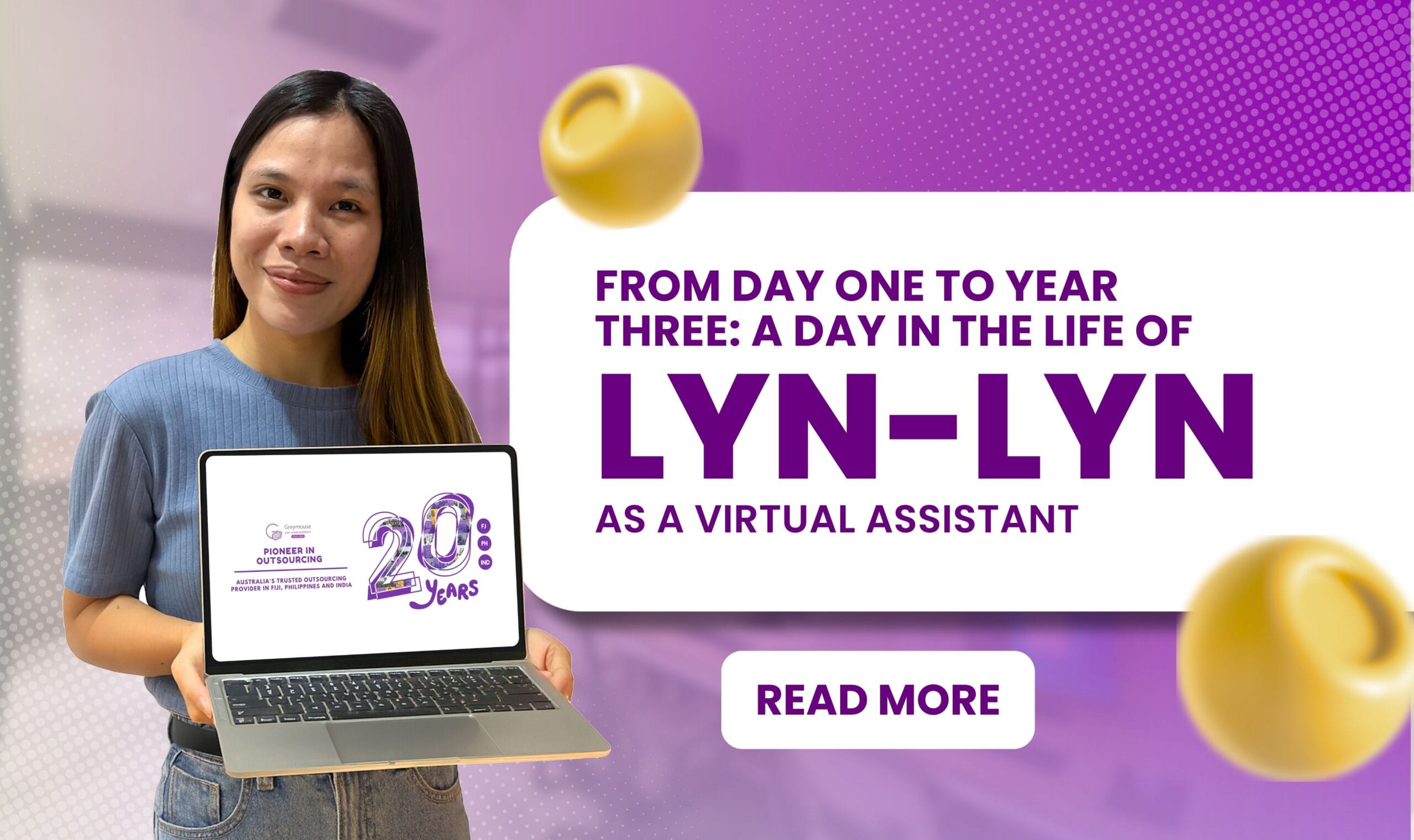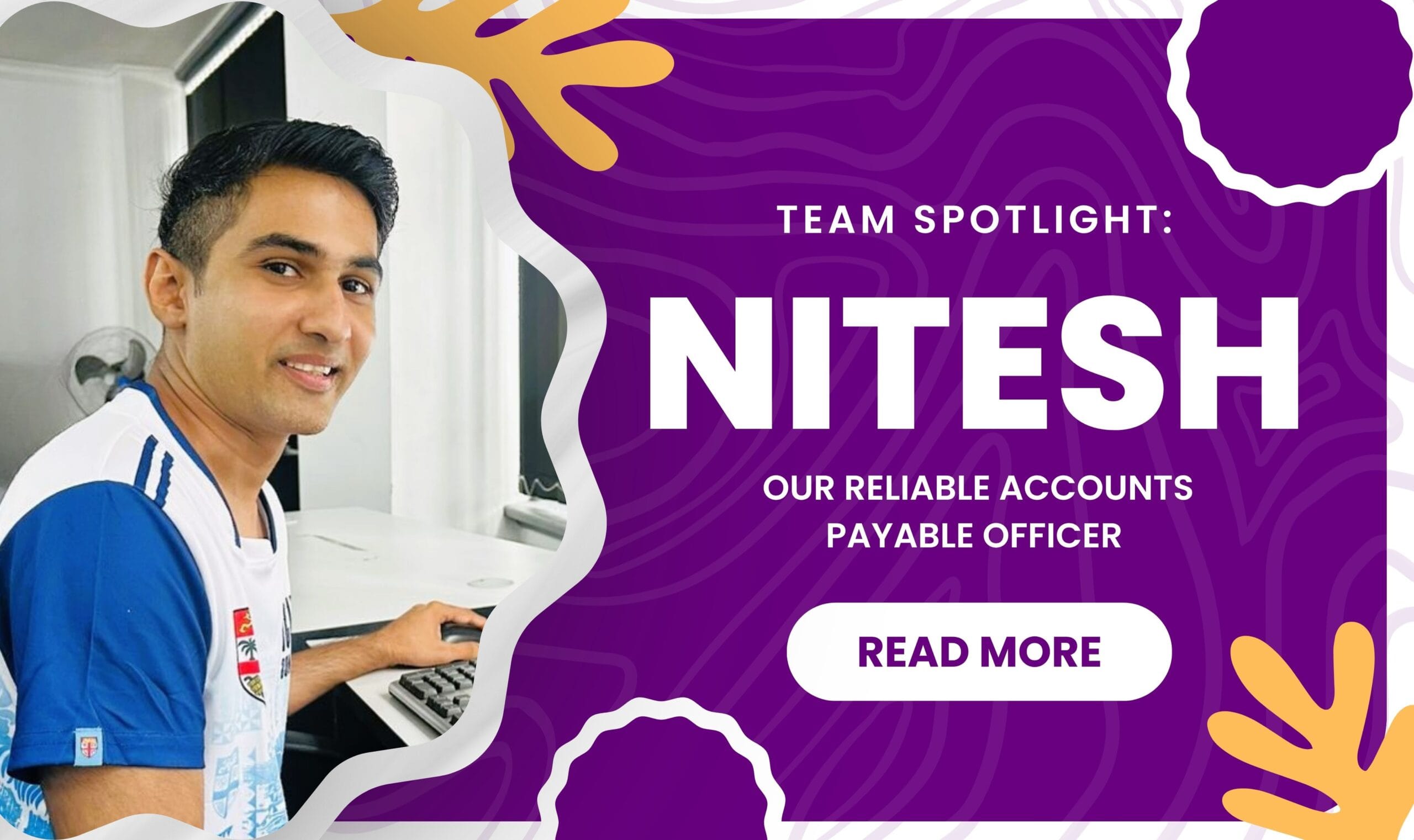Avoid Breach of Confidential Information in the Workplace – Greymouse
Published by: Marisa Wiman | 12 February, 2018
Confidential (adjective) intended to be kept private or secret
Breach (verb) to break
Breach of confidential information (noun) unauthorized release of confidential information
Question: How important is it to maintain confidentiality in the workplace?
The answer? VERY.
Informational breaches can severely damage your reputation and credibility, which can singlehandedly destroy your whole business! How can you avoid such occurrences, especially when handling an outsourced staff? Find out below:
1. Be clear
This one is simple, but most of the times overlooked: you should always, always be clear about your company policies. For example, if you’re hiring a copywriter, then you need to mention upfront if they will be given credit for their works. Are they ghost-writing for your website or will they be given a byline? Can they use it for their portfolio or is it a completely hush-hush task?
Similarly, you have to ask your VA if they’re working for anyone in the same industry as you. This is to limit the chances of them unintentionally (or intentionally!) sharing your strategy with other competitors or influencers in your business. Remember, uniqueness brings a big value to your company!
2. Have a Non Disclosure Agreement (NDA)
Take it a notch higher and have your new hires sign a Non-Disclosure Agreement. NDAs are legally enforceable contracts which highlight security measures to be followed by your team with regards to sharing information.
When making an NDA, specify which information is considered confidential, and which ones can be freely shared. For example, login credentials, customer lists, business strategies, product details, and salary range are confidential details, while work and shift schedules, and platforms being used are not.
When a team member intentionally breaches confidentiality, you can claim breach of contract and hold them accountable for their actions, especially if the informational leakage can cause harm to the company.
3. Limit the information you’re sharing
It is important to trust the people you are hiring. If you do not trust your team, then why hire them in the first place, right?
However, despite feeling comfortable and at ease with your team, you should always remember to hold the security of your company with high regards. Unless it is absolutely necessary to divulge sensitive information, you should refrain from doing so. This applies to highly important data such as patent information and company credit card numbers, to social media login credentials.
For example, do you think it’s necessary to give your VAs the login credentials of your Facebook account? Or maybe simply assigning a page role to them would suffice?
You have to weigh the pros and cons of the situation. If sharing the information can cause potential harm to your business in the future, then try searching for safer alternatives.
If there’s no other way to do a task without having to divulge private information, then always make sure that you have a back-up plan in case things go wrong, such as knowing how to retrieve your accounts and having copies of all the information being put out in your social media account.
As the saying goes, “Trust people, but keep your money in your sock.”
Security and confidentiality in the business should not be taken lightly. Small details, when placed in the hands of the wrong person, can severely compromise your business. Always keep your information private, and learn how to protect yourself from possible breaches.



